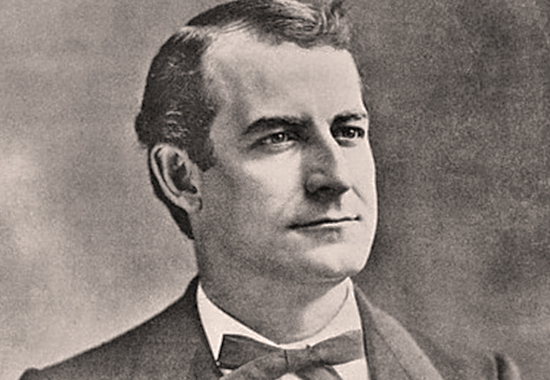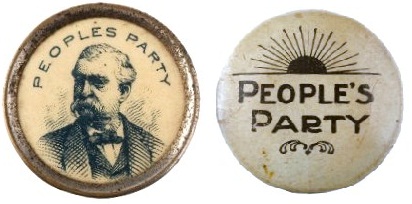LAD #26: Martin Luther King's 'I Have a Dream Speech'
Lincoln Memorial, Washington D.C., Martin Luther King spoke out to over 200,000 civil rights activists and supporters about the dream of that glorious day where they could all be equal in this world. Where racism and inequality was a thing of the past. Despite the fact that things were supossed to be entirely equal between the classes of race, still standing a century after the civil war the black population was still being oppressed and King was determined to have their voices heard. He prays for the Negros to stand up and join in with the white man to bring about a happier future. Two groups living peacefully side by side. No more segregation, no more hatred, where the color of skin was a cover of some discarded book. He closes his speech brilliantly, with the point of the one thing we all want the most. Freedom.
Tuesday, January 22, 2013
Sunday, January 6, 2013
LAD #25


LAD #25 - Dawes Severalty Act
The Dawes Act of 1877 (passed in 1887)was put in place to turn the tribal lands of Native Americans into individual properties. The act basically allowed the president to take the land away from natives and re-divide it. Pieces of land were split into sections. Head of families got 1/4 a section, single persons over 18 and orphan children received 1/8 a section. Patents were to be delivered to verify ownership of land, and the land would be theirs forever after five years (whereas before government had partial ownership). Natives also had to option of applying to work for the US government and becoming an official citizen. It was clear that the government was still trying to assimilate the natives and this proved an opportunity to do so. There became a excess of lands which would be purchased by non-Native American settlers and by railroads.
LAD #24

LAD #24 - William Jennings Bryan's Cross of Gold Speech
The "Cross of Gold" speech was delivered in 1896 by William Jennings Bryan, the Democrat from Nebraska. He was well liked by the Democratic National Convention and following his speech he was them nominated to run as a candidate in the 1896 as well as the 1900 and 1908 elections. Bryan all together supports the working man. He claims that the work done out west is just as important as the work done by the business man. He in turn applauds Andrew Jackson, and his efforts for trying to return the government to the hard working people of America. Bryan wanted to address the main money issue that was primarily being debated and quite the hot topic. He believes the coinage of silver would make a great impact and endorses the idea of silver versus gold ration at 16:1. Because of his passion and support behind the idea, his party became known as the silver democrats.
LAD #23

LAD #23 - The Populist Party Platform
The Populist Party first and foremost was against big business. It began in the 19th century from an alliance of farmers fighting for better conditions and protection of their rights. During elections the Populist party actually became the 3rd independent party and proved well supported. The party saw the corruption of big business and was disgusted by the thousands of neglected poor working class being used to make even more for the very wealthy. On top the that populists took things out on other parties, saying that they weren't taking great enough actions towards all the madness. Bottom line, it was time government became more involved and helped the common people. The government should also tame the big telephone and railroad companies, to make sure the average American is still being benefited. They also tapped into immigration restrictions so that more jobs could go to the real citizens of the country, rather then immigrants from other countries. The party in turn found that Labor Unions identified perfectly with the parties beliefs and were highly encouraged. The platform in which they stood on, was the platform of the people.
Saturday, January 5, 2013
LAD #22

LAD #22 - McKinley's War Message
The main point of McKinley's message was regarding the Cuba vs. Spain war in which America was currently neutral. His main concern is the effect of the war on the American people and all the issues that have occurred because of it. Cuba itself was a necessary asset to the trading market for America and therefore caused problems on an economic scale as well. There were many brutal fighting practices during the war and the American people were becoming agitated. McKinley states that he wants the war to end as quickly as possible and says America has a right and a duty to protect its men and it also feels it owes those rights to Cuba as well. He therefore wanted to intervene to make peace, and he puts the decision into Congresses hands. His philosophy is that something must be done because things arnt getting any better.
Subscribe to:
Comments (Atom)
